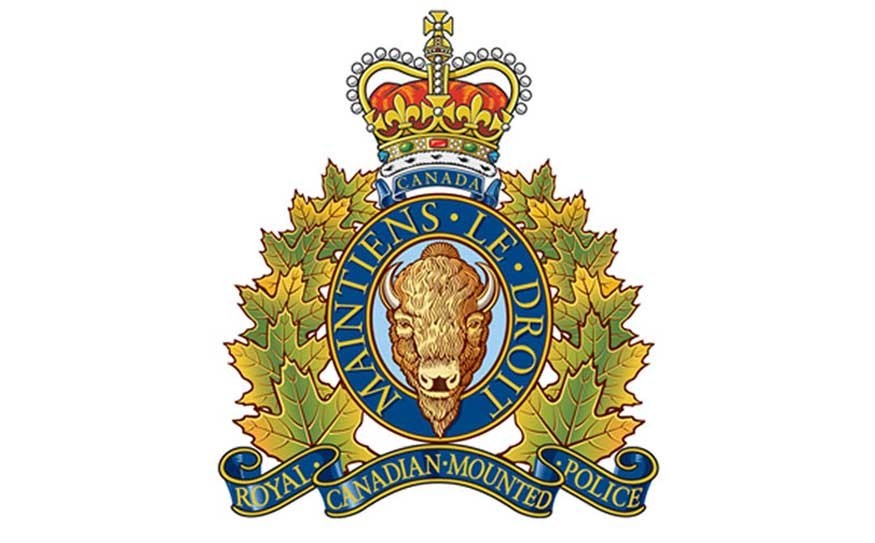Following a deadly backcountry skiing accident three years ago, RCMP in B.C. have been reminded of its roles and responsibilities in search and rescue operations.
Three division-wide training bulletins have been emailed to RCMP across the province since Marie Josée Fortin died of hypothermia after spending seven days in the Golden backcountry in winter 2009.
The bulletins are something husband Gilles Blackburn hoped would happen, according to his lawyer, Whistler mayor Nancy Wilhelm-Morden, as he searched for answers and launched lawsuits against the key search and rescue players.
"This is something that Gilles had said all along; that he had hoped that as a result of the litigation that procedures would change so that what he went through would be avoided in the future," said Wilhelm-Morden."I would hope that maybe this is an indication that some of these things are being taken to heart by the RCMP."
Blackburn was rescued two days after his wife died. He endured nine cold, hungry, heart-breaking days in the elements, wandering more than 30 kilometres in the snow, before a passing helicopter spotted him on the ground.
No search was ever launched for the Quebec couple despite reports from other skiers of SOS signs and strange tracks in the snow.
Four months after he was found, Blackburn launched lawsuits against Golden Search and Rescue, Kicking Horse Mountain Resort and the RCMP.
Blackburn discontinued his lawsuit against Kicking Horse without costs and then later resolved his claims against Golden Search and Rescue and the RCMP out of court. The latter was resolved just this fall. The details are confidential.
Pique contacted the RCMP to ask what, if anything, has changed since the fatal misstep of two Quebec skiers who ducked the boundary ropes.
"The distribution of training bulletins, provide detachment commanders, supervisors and front line members with a review of step-by-step procedures with quick electronic links to RCMP operational directives," said Cpl. Dan Moskaluk, senior media relations officer in an email.
"The bulletins also contained direct external agency contact links to assist in the execution of effective and coordinated responses to lost/missing persons incidents.
"In addition to being received directly by all RCMP staff in B.C... the bulletins are used as discussion material at B.C. RCMP detachment daily operational briefings."
One was sent in 2009 shortly after Fortin's death, another was broadcast in 2010 and the third in 2011.
"Certainly the buzz around the province is that the RCMP is treating missing persons files related to backcountry recreation a little more consistently than perhaps they had in the past," said Brad Sills, head of Whistler Search and Rescue. "I think it (the case) really drove home the fact that there's a lot more people going out there."
Don Bindon, president of the BC Search and Rescue Association, said the RCMP bulletins reinforce existing protocol between the organizations.
"Discussions often ensue between police and SAR and while the police investigate SAR responds, even if they are stood down when the person is found safe at home," said Bindon.
"That is how we expect it to unfold and how I know the SAR coordinator at RCMP HQ expects it to unfold. It works the vast majority of the time so I expect the reminder bulletins sent out by the RCMP will result in a similar circumstance being much less likely in the future."
This case shook search and rescue organizations to their very core. It was the first time a local SAR, which like all SAR groups rely on volunteers, had ever been sued. There were questions of whether they could continue their work without some kind of provincial protection against liability, which the B.C. Government provided in summer 2009.
The bulletins flow out of the coroner's investigation and report, along with the RCMP Independent Officer Review on the matter.
Bindon said the case reinforces SAR's response principles.
"The search and rescue tragedy which claimed Madam Fortin's life has reinforced the long held response principles that the BC SAR Association, its SAR groups and agency partners maintain," he said. "It is far more likely that a response will be initiated than not. In that sense, the Fortin incident was an anomaly."
He added: "Whether an earlier deployment of SAR would have changed the outcome in this instance will never be known since although the SOS signals were spotted the couple were not near the signals, but finding them earlier may have contributed to a better outcome. It has helped us to confirm that our protocols, which call for an early response, are the correct ones."
Whistler RCMP has developed its own unique protocol for how the local police respond and how it coordinates its search efforts with Whistler Blackcomb, Whistler Search and Rescue and other private organizations.
Sills said: "There's always that possibility of a Blackburn-style thing where somebody hasn't made themselves as obvious as they should have. That's our biggest worry. A tourist coming from another land here can go into the backcountry and nobody will even know until that plane lands back at its destination and they're not on board and there's very little for us to go on. It's a continual nightmare in a four season international resort."




